While we’ll see if anything comes of this, the United States Department of Transportation (DOT) has just opened a commenting period for proposed rulemaking, whereby airlines would be required to pay passengers cash compensation in the event that flights are delayed or canceled, just as we see in the European Union.
Biden Administration proposes flight delay compensation
The DOT has today announced its plan to protect passengers who are stranded by airline disruptions, with the 60-day public commenting period having just started.
This involves airlines being required to pay passengers cash compensation, rebook them for free on the next available flight, and cover meals, overnight lodging, and related transportation expenses, when a disruption is airline caused, such as a mechanical issue or an IT airline system breakdown.
Here’s how Transportation Secretary Pete Buttigieg describes this:
“Americans know the importance of a robust airline industry, which is why this country—and U.S. taxpayers — kept U.S. airlines afloat when the COVID pandemic threatened their very existence. Now that we are on the other side of the pandemic and air travel is breaking records, we must continue to advance passenger protections. This action we’re announcing is another step forward into a better era for commercial air travel—where the flying public is better protected and passengers aren’t expected to bear the cost of disruptions caused by airlines.”
Currently airline passengers face many challenges in holding airlines to their promises, because there’s no legal obligation for airlines to notify passengers when they are entitled to services promised in the customer service plan, and their policies are generally vague on the details of delivery.
Passengers must also typically request these services at the airport in person, and frontline staff may not know if a flight disruption is caused by the airline, or may not have enough vouchers to provide upfront services to everyone. Airlines generally do not clearly disclose when, what, and how much they will reimburse passengers who pay out of pocket.
So the DOT’s rulemaking is aimed at addressing these gaps, and establishing baseline standards on what airlines are obligated to delivery to stranded passengers during disruptions. This would apply specifically to delays and cancelations that are due (in whole or in part) to any circumstance within the control of the airline.
For one, airlines would need to pay cash compensation to passengers when a trip is disrupted. The DOT is considering a tiered approach. For example, for domestic flights, compensation could be $200-300 for delays of three to six hours, $375-525 for delays of six to nine hours, and $750-775 for delays of nine or more hours.
The DOT is considering whether smaller airlines should pay less than lager airlines, and whether or not compensation should be required if a passenger is notified a week or two in advance of a cancelation or significant delay.
The DOT is also considering requiring airlines to provide meals, overnight lodging, and transportation to and from the airport, for stranded passengers, and defining very clearly what would need to be included as part of each service.
This could also include requiring airlines to automatically pay a minimum reimbursement for each service an affected passenger is entitled to receive when airlines do not provide these services upfront, and passengers do not submit receipts for costs, up to a maximum reimbursement threshold per service.
Lastly, the DOT could require airlines to rebook passengers on the next available flight on any carrier that the airline has a commercial agreement with, in the event of delays or cancelations.
Will the Trump Administration move forward with this?
By the time the commenting period is over for the proposed rulemaking, the Trump Administration will be in power, so it’ll be up to them to decide whether to move forward with this. Trump has nominated Sean Duffy as the Transportation Secretary, though it remains to be seen if he gets confirmed.
I won’t get too political here, so we’ll see how this plays out. Obviously politics is more polarizing than ever before, but there’s no denying that the DOT has been very active under the Biden Administration, in terms of proposing new consumer protections. We’ll see if that continues under Trump.
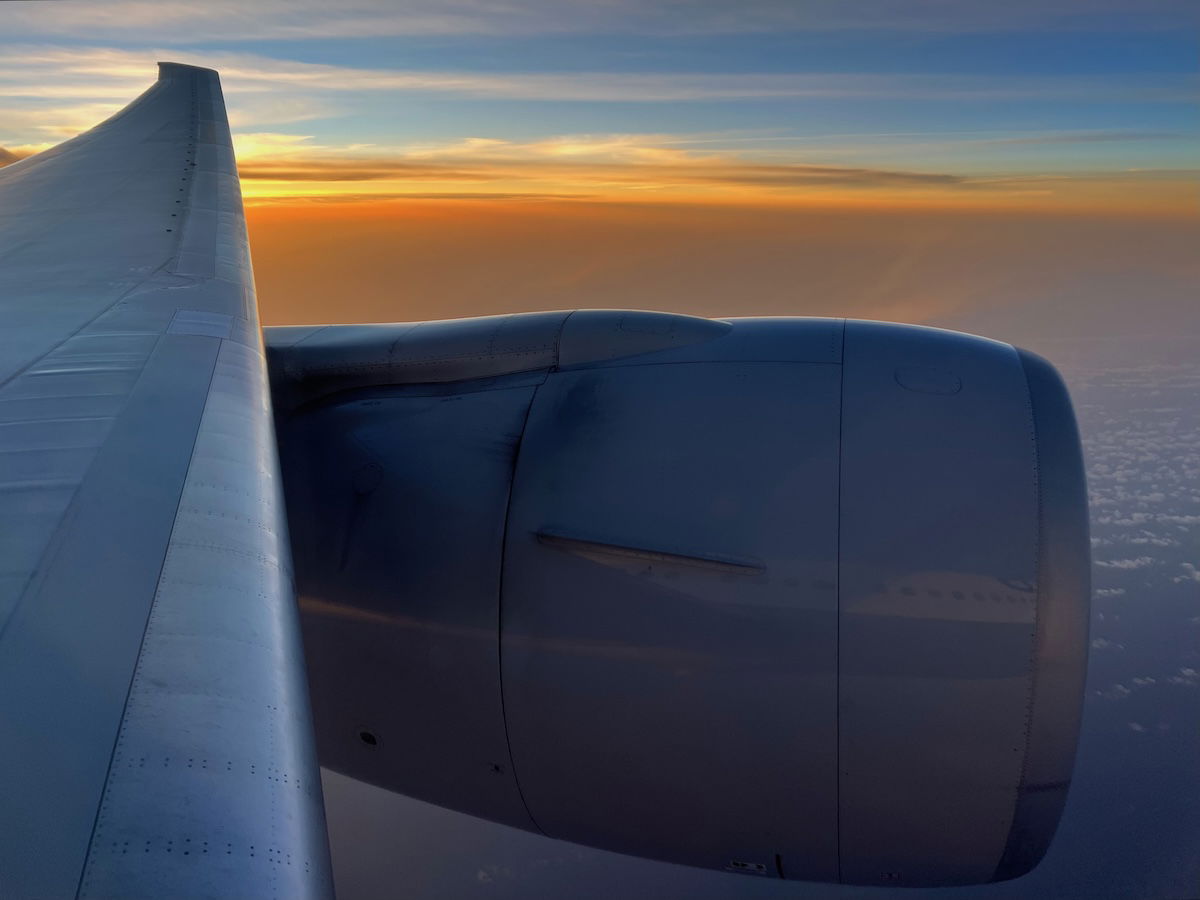
My take on this proposed rulemaking
We’re no doubt going to soon hear airline executives come out strongly against this, arguing that this is going to raise the cost of flights, and will be bad news for the traveling public. I strongly disagree with that, and airlines in the US have gone far too long with minimal obligations to their customers, and a completely one-sided contract of carriage.
Just look at aviation in Europe, where similar regulations are in place. Can anyone point to how airfare has increased as a result of these obligations? Quite to the contrary, a bunch of ultra low cost carriers operate there quite successfully, and have very low ticket prices. Studies have even shown that these regulations have caused a decrease in avoidable delays, both in terms of the number of delays, and the length of each delay.
Part of the hope is that airlines would put more effort into minimizing disruptions, which could come in the form of not having an overly aggressive flight schedule, leading to situations where there aren’t enough staff and aircraft to operate flights.
Currently airlines have a strong incentive to create best case scenario schedules, and not plan for worst case scenario outcomes. After all, their obligations to passengers when things go wrong are minimal. They want to get as much revenue as they can upfront, with limited downside to them.
Furthermore, this would encourage airlines to negotiate proper contracts with employees. For example, remember several years back when American mechanics were (unofficially) delaying flights while contract negotiations were ongoing? Stuff like that would suddenly become much more costly for airlines.
Even beyond the cash compensation, I’m a huge fan of the concept of airlines having to rebook customers on other airlines in the case of substantial delays. It’s ridiculous how right now if you’re on a flight that’s canceled last minute due to something within a carrier’s control, they may very well tell you that their next available flight is in a couple of days, and your options are to either accept that, or to take a refund.
Like any of these schemes, the one challenge will be holding airlines accountable as to what’s a controllable delay and what isn’t. Airlines love to blame weather for just about everything. Obviously a key part of any legislation would be how consumers would be able to determine what the cause of a delay is.
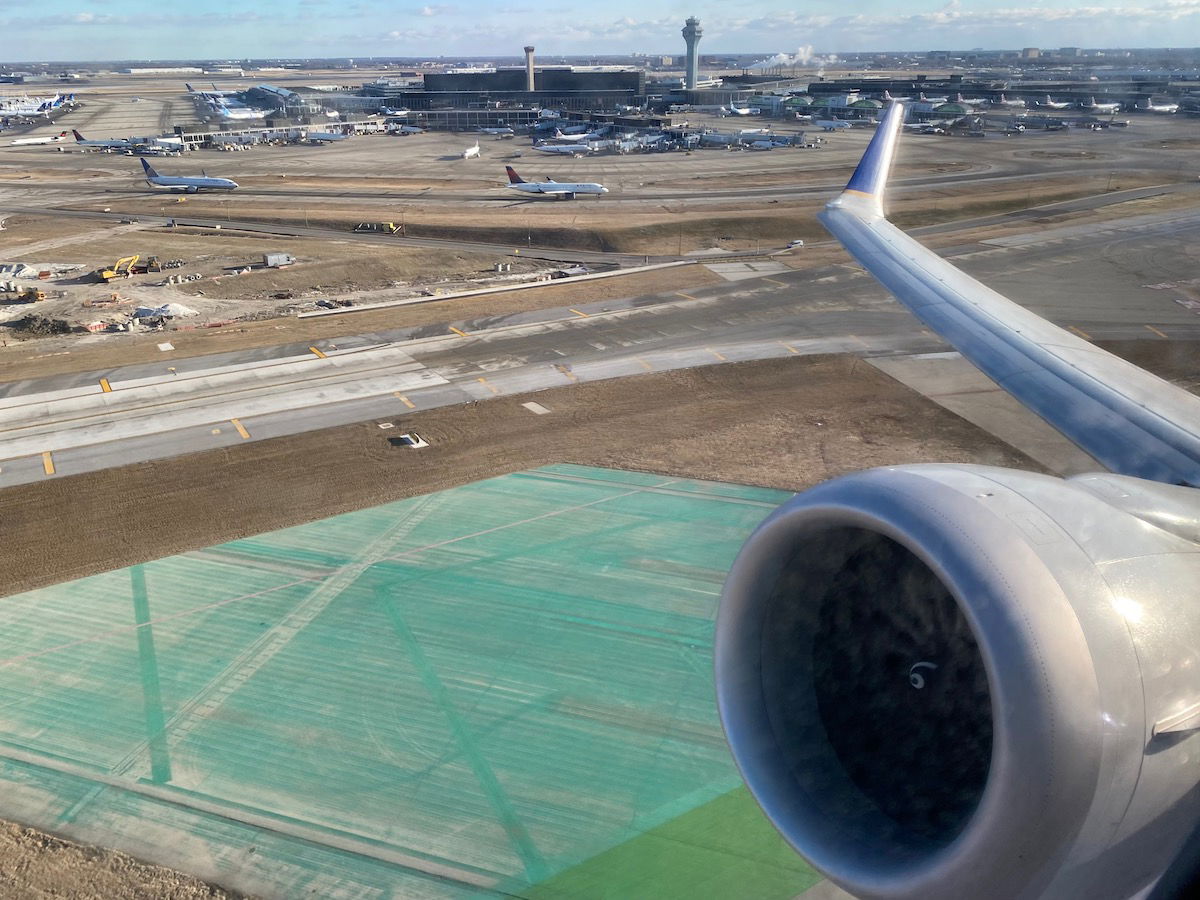
Bottom line
The DOT has proposed new regulations that would hold airlines accountable for delays within their control. In the event of significant disruptions, this would include cash compensation, the requirement to book travelers on other airlines, and clear guidelines on reimbursement for expenses that are incurred.
Airline executives (and some others) will come out against this, but I’d argue that this is absolutely positive for consumers, and I hope it happens. That being said, I wouldn’t count on it, given that it was proposed by one administration, and it’ll be up to another administration to do something with this.
What do you make of this proposal from the DOT?




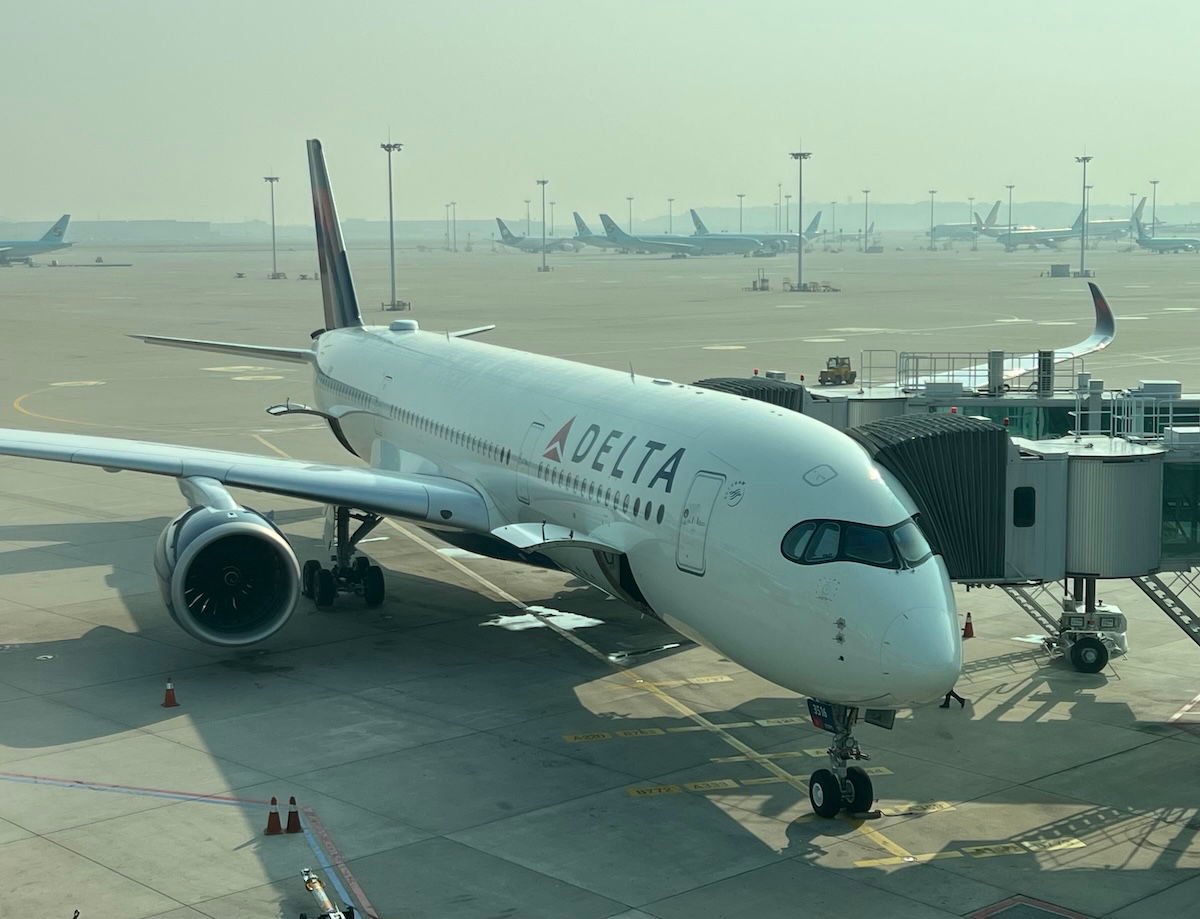

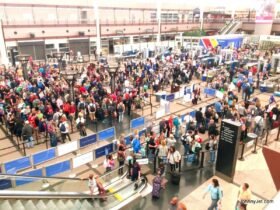
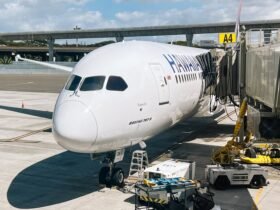


Leave a Reply